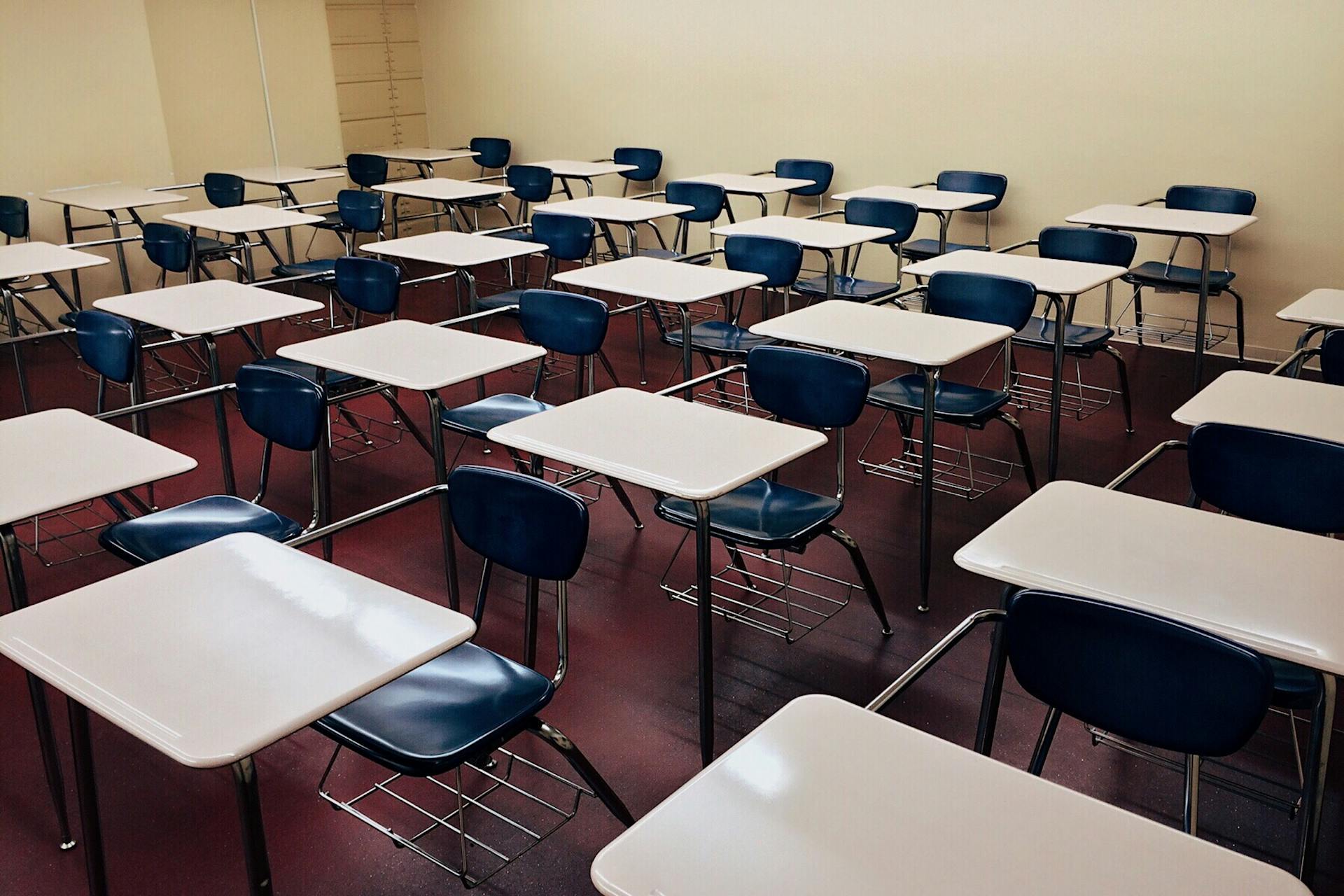Education Law – Legal Framework that Shapes Our Schools
Education is a fundamental right and a key factor in shaping the future of our society. To ensure that every student has access to quality education, a robust legal framework has been put in place to regulate schools and protect students’ rights. This framework is known as education law.
Education law encompasses a wide range of legal issues that affect students, parents, teachers, and educational institutions. It covers everything from the rights of students with disabilities to the legal obligations of schools to provide a safe and welcoming learning environment.
One of the most significant areas of education law is the Individuals with Disabilities Education Act (IDEA). This federal law guarantees that children with disabilities receive a free and appropriate public education (FAPE) that meets their unique needs. IDEA requires schools to create individualized education plans (IEPs) for each student with a disability and to provide them with the necessary accommodations and services to ensure they can learn and succeed.
Another critical area of education law is the Family Educational Rights and Privacy Act (FERPA). This federal law protects the privacy of students’ educational records and gives parents and students the right to access and review their records. FERPA also regulates how schools can use and disclose students’ information, ensuring that sensitive data such as Social Security numbers and medical records remain confidential.
School safety is another key aspect of education law. The Gun-Free Schools Act (GFSA) prohibits students from bringing firearms to school and requires schools to implement policies to prevent violence and promote safety. The Clery Act requires colleges and universities to disclose information about crimes that occur on their campuses and to develop and implement emergency response plans.
School discipline is also an area of education law that has received increased attention in recent years. The Individuals with Disabilities Education Act (IDEA) and Title VI of the Civil Rights Act of 1964 prohibit schools from discriminating against students based on race, gender, disability, or other protected characteristics. Schools must provide due process to students who face disciplinary action, including the right to a hearing and the right to appeal decisions.
Not limited to these federal laws, education law also encompasses state and local laws that regulate education. These laws cover a wide range of issues, including teacher certification requirements, curriculum standards, and funding formulas. States have the primary responsibility for funding and regulating public schools, and their laws can vary widely from one state to another.
Education law is a complex and ever-evolving field, with new legal issues arising every year. One of the most significant challenges facing education law today is the COVID-19 pandemic, which has disrupted schools and students’ lives across the country. Schools must navigate a range of legal issues related to remote learning, student privacy, and funding during this unprecedented time.
Despite these challenges, education law remains a critical tool for ensuring that every student has access to quality education and that schools provide a safe and welcoming learning environment. By understanding the legal framework that shapes our schools, we can work to strengthen education and promote the well-being of all students.

